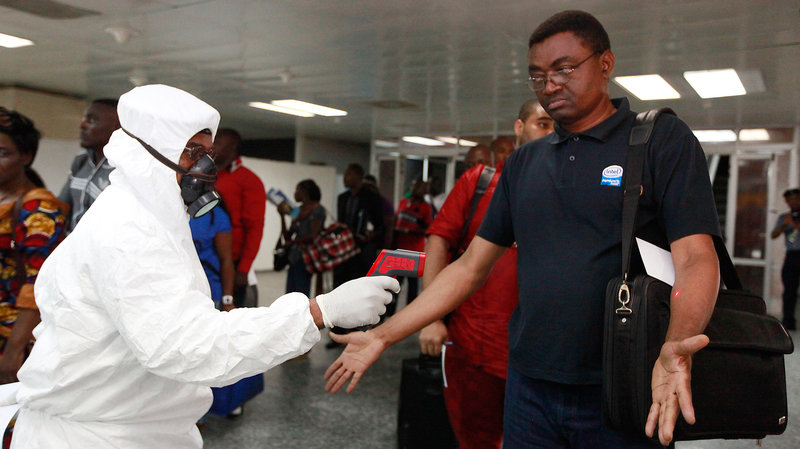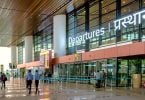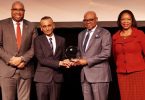As expected, the travel and tourism industry is looking forward to a post-virus era when tourism is likely to get back to near normal. In an exercise directed to accomplish this, the Amity Institute of Travel and Tourism, held a webinar, “Revival of Tourism & Hospitality Industry: Post COVID Challenges,” where leaders spoke on the subject and looked into the challenges that lie ahead.
Prof. Sanjay Nadkarni of the Emirates Hospitality Academy, UAE, emphasized that within adversity is an opportunity on how we are able to innovate. The role of innovation plays a vital role in making sure that the experience of travel is seamless and that social distancing norms are maintained as well. The key point was that the industry needs to reinvent itself with the help of technology. Thirty percent of an average employee’s work can be done by a machine. The tourism industry is already high tech and high touch, so in addition to a health check, the industry needs to leverage on the data available for innovations. Prof. Nadkarni mentioned flexible check-in and check-out times that hotels could offer in the future.
Mr. Samir Thapa, Chairman of the Silver Mountain Hotel Group, Nepal, is of the view that Asian countries have more heritage and culture to showcase and less human touch involved as compared to the western world which has more theme parks on offer with human involvement. The institutions got time to develop their curriculum which will aggregate bonding between educators and tourism and the hospitality industry. India will have the manpower as Indians who settled abroad will come back home. Multitasking by all will be not a choice but a necessity, as many people will be jobless.
Prof. Justin Matthew Pang of RMIT University, Vietnam, said in Singapore, the hotels have been converted into quarantine zones and are earning revenue from the government. Singapore Airlines flight attendants were offered alternate jobs wherein they would train the public about safety and hygiene maintenance.
Dr. Ankur Narang, Technology Expert & SVP of Hike said there will be Antibody Passports that will allow and declare a traveler safe to travel for say the next 2 months or so. Smart elements will be created that will clean up the environment. Air drone monitoring will ensure that social distancing norms are followed. Artificial intelligence will also play a vital role in predicting if a critical event is about to happen and preventive steps that can then be taken. Virtual tourist guides will become more relevant for travelers.
Dr. Mohit Vij, Associate Professor at Skyline University College, University of Sharjah, stated that in 2018, the UAE received more than 20 million tourists which is huge considering the population is 10 million. According to him, there are stages to go through, namely: Crisis, Pre-recovery, Recovery, and Post Recovery.
Hotels such as Hilton and Radisson in Sharjah are spreading messages of safety and providing guests offers with flexible cancellation policies as a new traveler profile emerges. Virtual is becoming the new reality, and virtual streaming and augmenting will be the way forward. Destination marketing organizers will have to come up with new policies for the hospitality and aviation sectors as well.






















